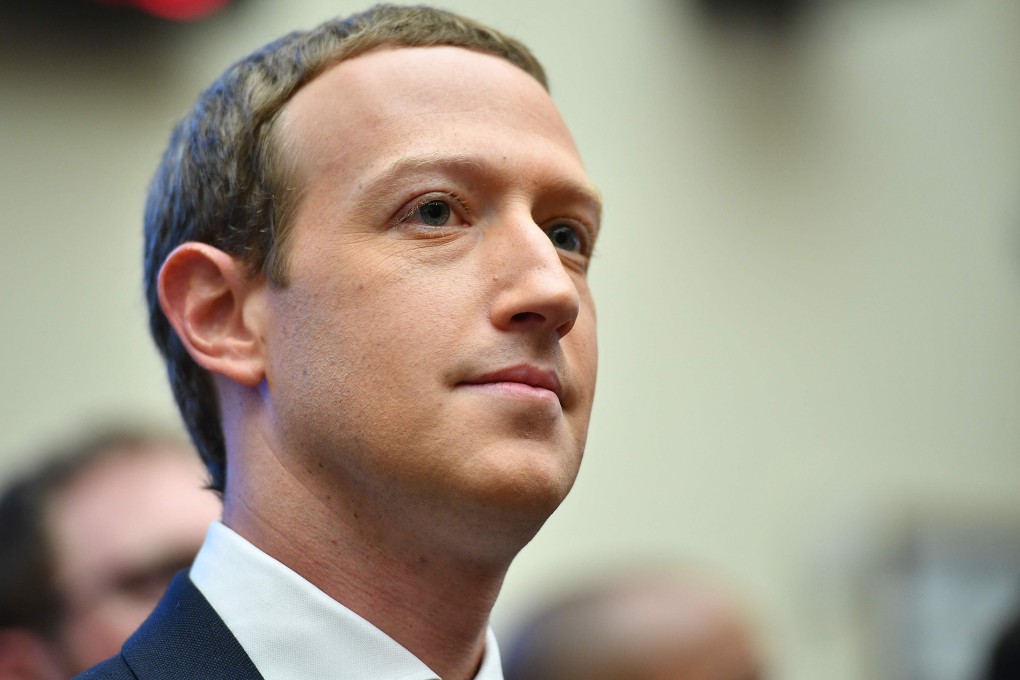Facebook’s troubles stir debate over internet control and whether Beijing may have a point in keeping social media giant out
- Facebook whistle-blower revelations have encouraged some to speak out in support of China’s ‘cyberspace sovereignty’ concept and Big Tech crackdown
- For others in the West, Facebook regulation and China’s Great Firewall will likely remain as separate issues, experts say

Facebook’s recent service outage and allegations by a whistle-blower that the US social media giant puts “astronomical profits before people” have seen some tech commentators praise Beijing’s tighter grip on the internet, including its ban on many foreign online services and steps to restrict algorithms.
The Chinese government has not made any public comment on this week’s outage at Facebook, which resulted in its vast family of apps including WhatsApp and Instagram, grinding to a halt for hours. China was largely unscathed as these apps are blocked by the country’s Great Firewall, but the incident and the whistleblower revelations have reignited debate over the government’s role in regulating the online world.
“China’s new laws reining in algorithms are smarter than many first thought, while a Facebook whistle-blower shows why we need them,” said Richard Turrin, a Shanghai-based consultant and tech author, in a post on LinkedIn this week.
Frances Haugen, a former Facebook product manager, said in testimony before the US Senate on Tuesday that “Facebook’s products harm children, stoke division and weaken our democracy”.

Facebook founder and chief executive Mark Zuckerberg hit back at the testimony in a blog post, saying Haugen’s claims that the company puts profit over people’s safety are “just not true”.